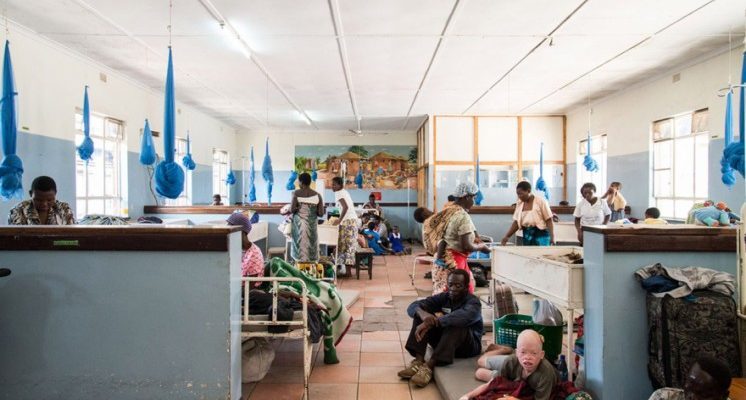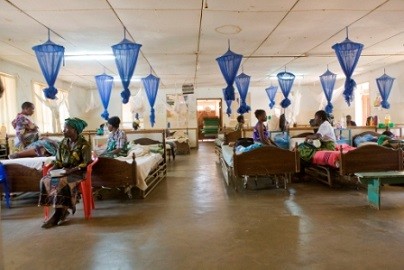
Most countries, including Malawi, are not adequately prepared for a pandemic and the world is still doing too little to strengthen pandemic preparedness, according to a report by the World Bank.
The report entitled From Panic and Neglect to Investing in Health Security: Financing Pandemic Preparedness at a National Level was released Thursday by the International Working Group on Financing Preparedness (IWG) established by the World Bank.

It notes that despite progress made since the Zika Ebola crises, many countries chronically underinvest in critical public health functions like disease surveillance, diagnostic laboratories, and emergency operations centres, which enable the early identification and containment of outbreaks.
“So far, 37 countries have completed the rigorous peer-reviewed assessments, called the Joint External Evaluation (JEE), of their preparedness capacities to identify their gaps and needs. But that leaves 162 countries that have not. Moreover, only two of the countries that have completed this assessment have used the results to devise costed plans,” the report says.
Meanwhile, governments and international donors have been urged to prioritize financing preparedness in their domestic budgets.
The report observes that not investing enough in pandemic preparedness puts lives at risk and is bad economics since a severe pandemic could result in millions of deaths and cost trillions of dollars.
“Even smaller outbreaks can cost thousands of lives and cause immense economic damage. The most conservative estimates suggest that pandemics destroy 0.1 to 1.0 percent of global GDP, on par with other global threats such as climate change. Recent economic work suggests that the annual global cost of moderately severe to severe pandemics is roughly $570 billion, or 0.7 percent of global income,” says the report.
Commenting on the report, World Bank Group President Jim Yong Kim says there is a need to break the cycle of panic and neglect when responding to grave threats from infectious diseases.
“Pandemics can strike anywhere, and everyone is at risk – especially the poor and the vulnerable,” Yong Kim said. “We have to ensure we are prepared, so the next outbreak does not become the next pandemic.”














